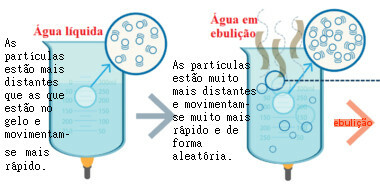THE TPM, acronym used for Premenstrual tension, it is a common problem among women that appears days before menstruation. It is in PMS that women suffer great mood swings that can harm their relationship with other people and even their academic and professional productivity.
For a long time, PMS was treated as something invented by women. Today, however, it is known that it is a real problem and is directly related to the production of female hormones, which varies during the menstrual cycle.
Hormonal variations in women can trigger various symptoms in the days before menstruation. Among the main symptoms of PMS, we can mention the irritability, aggressiveness, crying spells, tension, sadness, decreased self-confidence and depression. In addition, there may be headaches, nausea, diarrhea, swelling, malaise and breast pain.
PMS, which is marked by unreasonable crying or outbursts of anger, has a date to end: the period of menstruation. Therefore, if a woman is depressed or aggressive after menstruation, it may not be a case of premenstrual tension; therefore, medical help is needed.
It is important to highlight that not all women have PMS and some have these symptoms a few times during their lives. In addition, another important point is that PMS is hereditary, that is, mothers who had the problem can have daughters who have it.
PMS develops more frequently in women aged between 30 and 40 years old.
Tips to reduce PMS without using medications:
→ Perform aerobic exercise;
→ Avoid coffee as this product can increase anxiety;
→ Do not smoke;
→ Avoid high-calorie foods;
→ Perform relaxation techniques.
By Ma. Vanessa dos Santos



